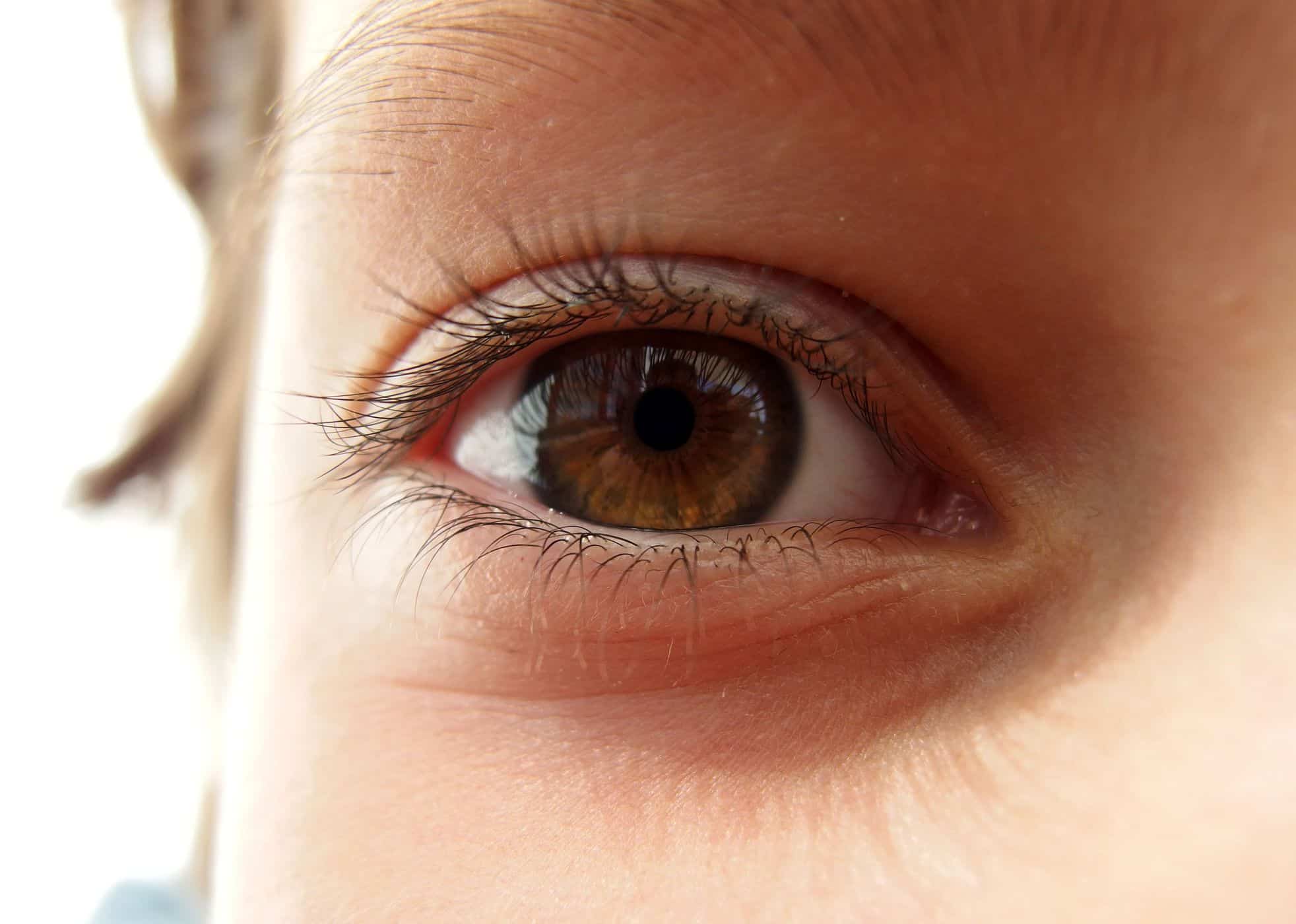Contents:
- Medical Video: Vitamin D Toxicity Rare in People Who Take Supplements, Mayo Clinic Researchers Report
- Various benefits of vitamin D for health
- Why is vitamin D useful for reducing the body?
Medical Video: Vitamin D Toxicity Rare in People Who Take Supplements, Mayo Clinic Researchers Report
Although there are no certain drugs that can lose weight, vitamin D has an important role in maintaining an ideal body weight. The benefits of vitamin D are thought to play a role in regulating the body's hormonal functions which include fat-forming hormones and hunger ghremlin hormones.
Various benefits of vitamin D for health
Vitamin D is a type of fat soluble vitamin, which means that after consumption it will be stored in fat. Vitamin D can be obtained from certain types of food ingredients such as oily sea fish, shrimp, eggs, mushrooms and dairy products or by taking vitamin D supplements. In addition, the body can also produce vitamin D when exposed to sunlight.
The benefits of vitamin D play a role in the absorption of minerals in bone tissue, maintain the body's resistance, and is needed to produce and regulate the work of the endocrine system. So that there is a deficiency in a long amount of body health to the overall health of the body. Vitamin D deficiency can be caused by a lack of intake of food sources of vitamin D because there are only certain types of food. If it is difficult to fulfill vitamin D intake, it is recommended to be exposed to sunlight every day for 5-30 minutes / day or consume vitamin D 15 mcg or about 600 IU per day.
However, keep in mind that excessive intake of vitamin D can have a toxic effect and this effect is more likely if you lack vitamin K intake. Therefore vitamin D supplementation should be balanced with vitamin K intake that can be obtained from green vegetables such as cabbage and broccoli and other foods such as cereals, fish, liver and eggs or vitamin K2 supplementation are around 150 mcg per day.
Why is vitamin D useful for reducing the body?
A study estimates that nearly 50% of individuals worldwide are deficient in vitamin D. Vitamin D deficiency can be detected by the hypothalamus gland which is the smallest part of the brain to encourage the formation of more fat tissue and increase hunger hormones. The benefits of vitamin D are also known to play a role in regulating fat cell maturation.
Another study in early 2000 also found that obese individuals tended to have low blood levels of vitamin D. This raises the theory that there is a relationship between vitamin D consumption and the incidence of obesity. There are two possibilities that cause this, among them are individuals with weight are more likely to rarely consume food sources of vitamin D or tend not to be exposed to sunlight because they rarely do activities outside the home.
Another interesting fact is that by losing weight, it will increase the levels of vitamin D stored in the blood. A study shows that there are differences in enzymes that play a role in activating vitamin D in individuals with normal weight and those who are obese. Therefore, it is possible that vitamin D levels depend on a person's body weight, where weight-bearing individuals need more vitamin D. This also explains how obese individuals are more likely to detect vitamin D deficiency.
An experimental study conducted in 2014 for one year showed that individuals who tried diet and exercise and consumed enough vitamin D experienced a more significant weight loss than individuals who did not consume enough vitamin D. In other studies, the benefits of vitamin D did not always cause weight loss but there is a significant decrease in body fat.












